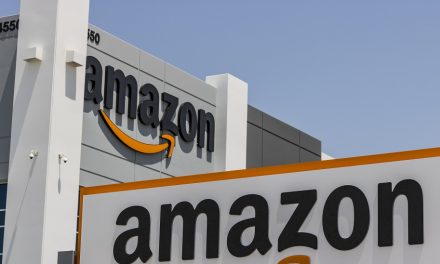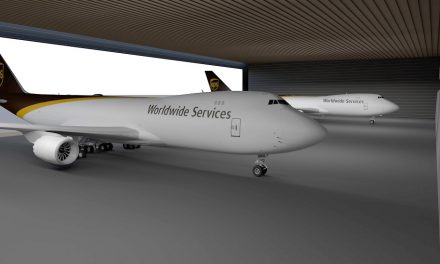
US Senate Committee hearing for Transportation Secretary nominee
Elaine Chao, President-elect Donald Trump’s nominee for the position of Transportation Secretary, attended a nomination hearing with the US Senate’s Committee on Commerce, Science and Transportation yesterday (11 January). Chao has been described as “one of Donald Trump’s least controversial appointments”.
She served as Labor Secretary and Deputy Transportation Secretary in the George W Bush administration, and is also a former chair of the Federal Maritime Commission.
Chao, who is married to the Senate majority leader, Mitch McConnell, of Kentucky, was reported to have “breezed through” her nomination hearing.
In her statement to the committee, Chao spoke of the need to ““unleash the potential for private investment in our nation’s infrastructure”.
Chao emphasised why this investment was so important: “Our country’s transportation infrastructure is the underpinning of our country’s world-class economy. It is a key factor in productivity growth, providing millions of Americans with a standard of living that is the envy of the world.
“These gains are being jeopardized by aging infrastructure, growing congestion, increased fatalities on our highways, and a failure to keep pace with emerging technologies.”
On Monday – just two days before Chao’s nomination hearing – the Department of Transportation (DOT) published the final version of its Beyond Traffic 2045 report, which set out ideas for developing the national infrastructure over the next three decades.
In his introduction to the report, Anthony Foxx, the outgoing Secretary of Transportation, said: “Now is an exciting time to have this discussion. Our transportation system is on the cusp of a major transformation, akin to the introduction of the steam engine or the automobile. New technologies and business models—automated vehicles, electric cars, unmanned aerial systems, NextGen air-traffic operations, and mobility on demand, to name just a few—promise to dramatically improve the safety, efficiency, competitiveness, accessibility, and sustainability of our transportation system.”












